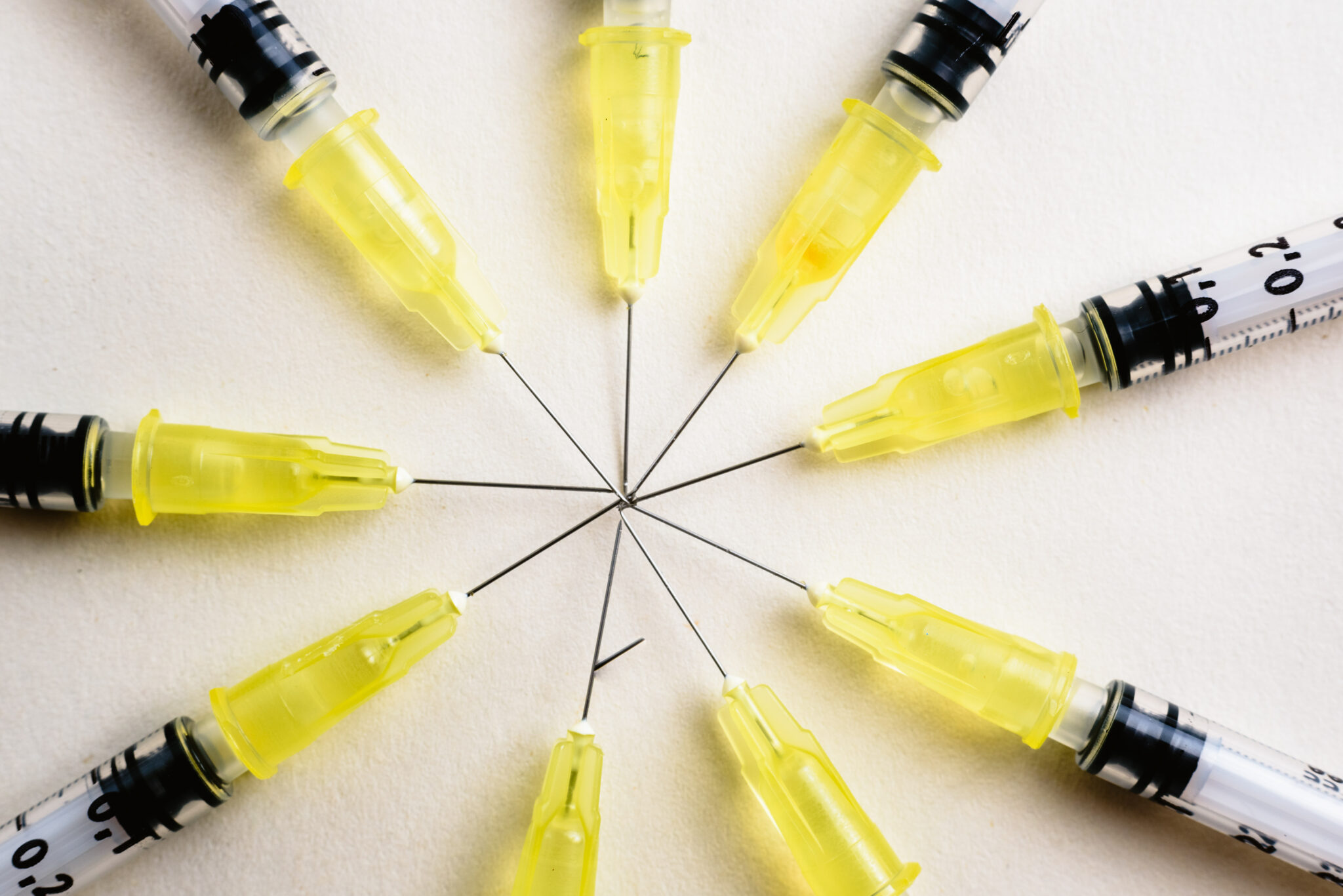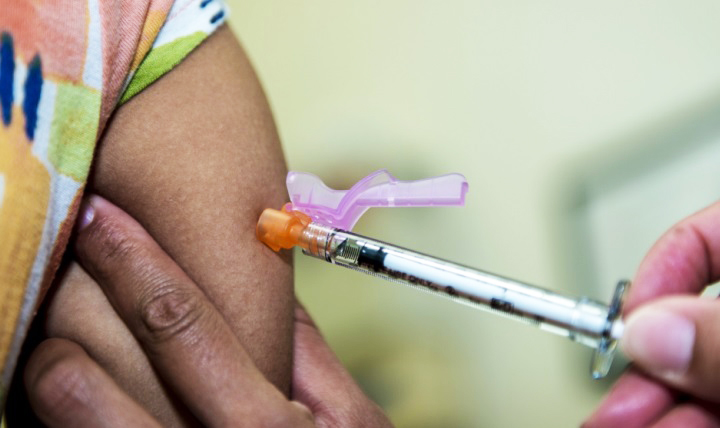According to a recent press release from the CDC, there were over 2 million cases of chlamydia, gonorrhea or syphilis reported in the United States in 2016. In the CDC’s annual Infectious Disease Surveillance Report, it became clear that the most common STD reported last year was chlamydia. Chlamydia accounted for 1.6 million of all reported STD cases in the report. Gonorrhea accounted for 470,000 cases and syphilis accounted for around 28,000 cases. Chlamydia, gonorrhea and syphilis are the only three curable STDs health care professionals are required to report to the CDC.
The CDC further reported that certain groups of people have been most affected by the increase in STD cases. Women, infants and gay and bisexual men saw the largest increase in case rates between 2015 and 2016. While these groups are most affected, STDs have been increasing in almost every demographic over the past several years. “Increases in STDs are a clear warning of a growing threat,” said Jonathan Mermin, M.D., M.P.H., director of CDC’s National Center for HIV/AIDS, Viral Hepatitis, STD, and TB Prevention. “STDs are a persistent enemy, growing in number, and outpacing our ability to respond.”
The most disturbing trend in STD cases is the increase in the number of infants that are being born with congenital syphilis. We wrote about this issue rising in California earlier in the year, but the final numbers in the CDC report show a nationwide issue. The CDC reports that there were over 600 cases of congenital syphilis which resulted in more than 40 deaths. “Every baby born with syphilis represents a tragic systems failure,” said Gail Bolan, director of CDC’s Division of STD Prevention. “All it takes is a simple STD test and antibiotic treatment to prevent this enormous heartache and help assure a healthy start for the next generation of Americans.”
It is not uncommon for a person to not show active signs or symptoms of an STD. It is important to remember that even if an infection is asymptomatic, a person can still infect other people. Chlamydia, gonorrhea and syphilis are all curable infections. They can be treated with antibiotics but only if the infection is detected. Untreated STDs can cause many long-term and more severe health issues. Syphilis can even lead to death.
These reports show an increased need to educate our youth about the dangers of STDs. Health professionals around the country are urging sexually active people of all ages to get STD testing regularly. This can sometimes be the only way to accurately detect an infection.
Related Articles

Top 10 STD Internet Hoaxes That Need to Be Debunked
The internet is a vast resource of valuable information. But such a large hub of information is also susceptible to those who mean ill-will and want to spread misinformation. The sensitive subject of STDs is often the center of vast misinformation, rooted in fearmongering rather than facts that adds to the already stigmatized issue. Let’s
May 18, 2025
Read more

STD Vaccines: What You Need to Know
Want to protect yourself from sexually transmitted diseases like the herpes simplex virus, genital herpes, and hepatitis B virus? Understanding STD vaccines is key, as like many other infectious diseases, they are vaccine-preventable diseases. In this article, we’ll break down the available vaccines, who should get them, and clear up some common myths. Let’s dive
April 15, 2025
Read more

The Refractory Period Explained: What Happens After Orgasm?
The post-ejaculatory refractory period is a unique aspect of human sexuality that occurs following orgasm during which individuals experience a temporary inability to become sexually aroused or achieve another orgasm. This phenomenon is well-documented in males but its existence in females is still debatable. Key Takeaways The refractory period is a phase of sexual non-responsiveness
April 14, 2025
Read more
Confidential, Private and Affordable STD Testing?
Order a full 10 test STD screening panel now for just $139. Individual STD tests starting at just $24.



